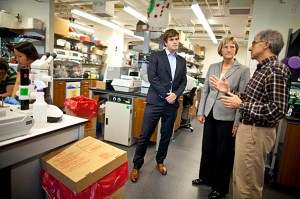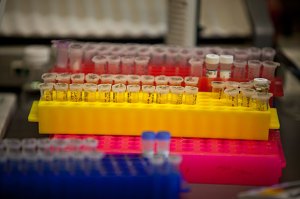Tag: Leukemia
-
Science & Tech
Learning why cancer drugs work (or don’t)
Assistant Professor Brian Liau of the Chemistry and Chemical Biology Department has answered the question of why some new drugs for acute myeloid leukemia don’t work by combining CRISPR gene editing with small-molecule inhibitor treatments in a technique he calls CRISPR-suppressor scanning.
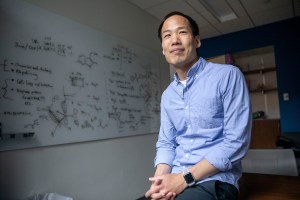
-
Campus & Community
His music pierces the darkness
Childhood cancer survivor Taylor Carol found hope through music and turned it into his thesis.

-
Health
How old can we get? It might be written in stem cells
No clock, no crystal ball, but lots of excitement — and ambition — among Harvard scientists
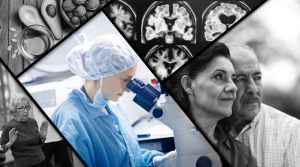
-
Health
Colorful clones track stem cells
Harvard Stem Cell Institute researchers have used a colorful cell-labeling technique to track the development of the blood system and trace the lineage of an adult blood cell traveling through the vast networks of veins, arteries, and capillaries back to its parent stem cell in the marrow.

-
Health
Prospect of shorter treatment and cure for chronic myelogenous leukemia
Chronic myelogenous leukemia (CML) is a slowly progressing type of blood cancer that develops in the bone marrow. Researchers discovered that CML stem cells die in response to inhibition of a protein called Ezh2. Drugs that target the protein are currently being tested in clinical trials for other cancers.

-
Health
Inroads against leukemia
A molecule isolated from sea sponges and later synthesized in the lab can halt the growth of cancerous cells and could open the door to a new treatment for leukemia, according to a team of Harvard researchers.
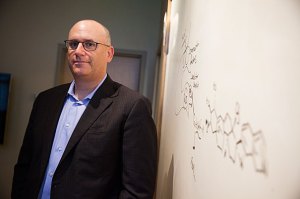
-
Health
Precancerous state found in blood
Harvard researchers have uncovered an easily detectable, “premalignant” state in the blood that significantly increases the likelihood that an individual will go on to develop blood cancers such as leukemia, lymphoma, or myelodysplastic syndrome.
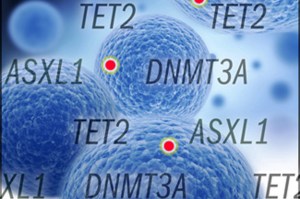
-
Health
A cross-country collaboration
Amy Wagers and Emmanuelle Passegué have found that cancer stem cells actively remodel the environment of bone marrow, where blood cells are formed, so that it is hospitable only to diseased cells. This finding could influence the effectiveness of bone marrow transplants.
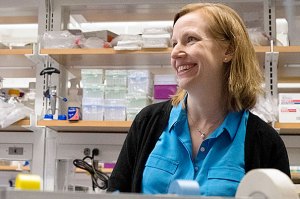
-
Health
Extra chemo could be answer
Researchers have found that young patients with an aggressive form of leukemia who are likely to relapse after chemotherapy treatment can significantly reduce those odds by receiving additional courses of chemotherapy.
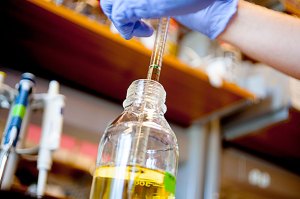
-
Health
Sending DNA robot to do the job
Researchers at the Wyss Institute for Biologically Inspired Engineering at Harvard University have developed a robotic device made from DNA that could potentially seek out specific cell targets within a complex mixture of cell types and deliver important molecular instructions, such as telling cancer cells to self-destruct or programming immune responses.
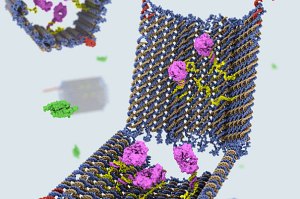
-
Science & Tech
Importance of stem cell research
A temporary restraining order that blocked federal funding for certain kinds of stem cell research was viewed by many as a blow to cutting-edge science. In response, President Drew Faust said, “We hope that the temporary injunction will soon be lifted and that Congress will take the steps necessary to ensure that stem cell scientists…
